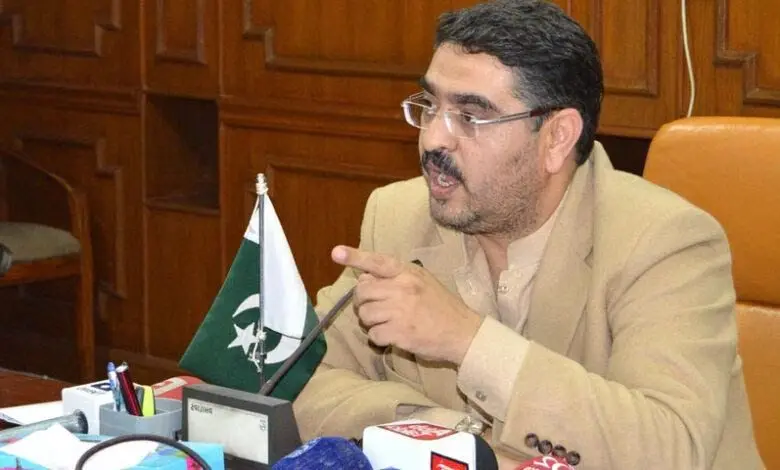Anwarul Haq Kakar Sworn in as Pakistan’s Caretaker Prime Minister
In a significant development, Anwarul Haq Kakar has been sworn in as Pakistan’s caretaker Prime Minister, taking charge amidst a crucial phase in the nation’s political landscape. This move comes after months of political negotiations and discussions, setting the stage for the upcoming general elections. This article delves into the reasons behind the appointment, the historical context, and provides key takeaways for students preparing for government exams.

Why This News Is Important
Political Transition in Pakistan
The appointment of a caretaker Prime Minister marks a critical phase in Pakistan’s democratic process. This transition is necessary to ensure a smooth transfer of power and governance during the period leading up to the general elections.
Ensuring Fair Elections
Caretaker governments are responsible for creating an environment conducive to free and fair elections. Their primary duty is to oversee the electoral process and provide a level playing field for all political parties.
Stability and Neutrality
The caretaker Prime Minister is expected to maintain stability and impartiality in the lead-up to the elections. This role is crucial in preventing any undue influence on the electoral process.
Historical Context
Caretaker governments have been a part of Pakistan’s political landscape since its inception. Their role was formally defined in the 18th Amendment to the Constitution, which aimed to ensure transparency and fairness in the electoral process. Over the years, caretaker governments have played a pivotal role in facilitating democratic transitions.
Key Takeaways from “Anwarul Haq Kakar Sworn in as Pakistan’s Caretaker Prime Minister”
| Serial Number | Key Takeaway |
|---|---|
| 1 | Caretaker Prime Ministers play a crucial role in maintaining stability and impartiality during the pre-election period. |
| 2 | Their primary responsibility is to oversee fair elections by creating an environment that prevents any form of electoral manipulation. |
| 3 | The appointment of a caretaker Prime Minister is based on consensus between the ruling and opposition parties to ensure a smooth transition of power. |
| 4 | Caretaker governments are short-term administrations with limited powers, focused solely on managing the electoral process. |
| 5 | The concept of caretaker governments reflects Pakistan’s commitment to democratic principles and transparent elections. |
Important FAQs for Students from this News
Q1: What is the role of a caretaker Prime Minister in Pakistan?
A1: The caretaker Prime Minister in Pakistan is appointed to oversee the electoral process during the period leading up to general elections. Their role includes maintaining stability, impartiality, and ensuring fair elections.
Q2: How is a caretaker Prime Minister selected?
A2: The selection of a caretaker Prime Minister is based on consensus between the ruling party and the opposition. Both sides agree on a neutral individual to take charge during the pre-election period.
Q3: What is the purpose of a caretaker government?
A3: The primary purpose of a caretaker government is to create a level playing field for all political parties during elections, preventing any manipulation or bias.
Q4: Can a caretaker Prime Minister make significant policy decisions?
A4: No, caretaker governments have limited powers and are primarily focused on managing the electoral process. They avoid making major policy decisions to ensure impartiality.
Q5: How does the appointment of a caretaker Prime Minister reflect Pakistan’s democratic values?
A5: The appointment of a caretaker Prime Minister demonstrates Pakistan’s commitment to conducting transparent and fair elections, showcasing the nation’s dedication to democratic principles.
Some Important Current Affairs Links


















